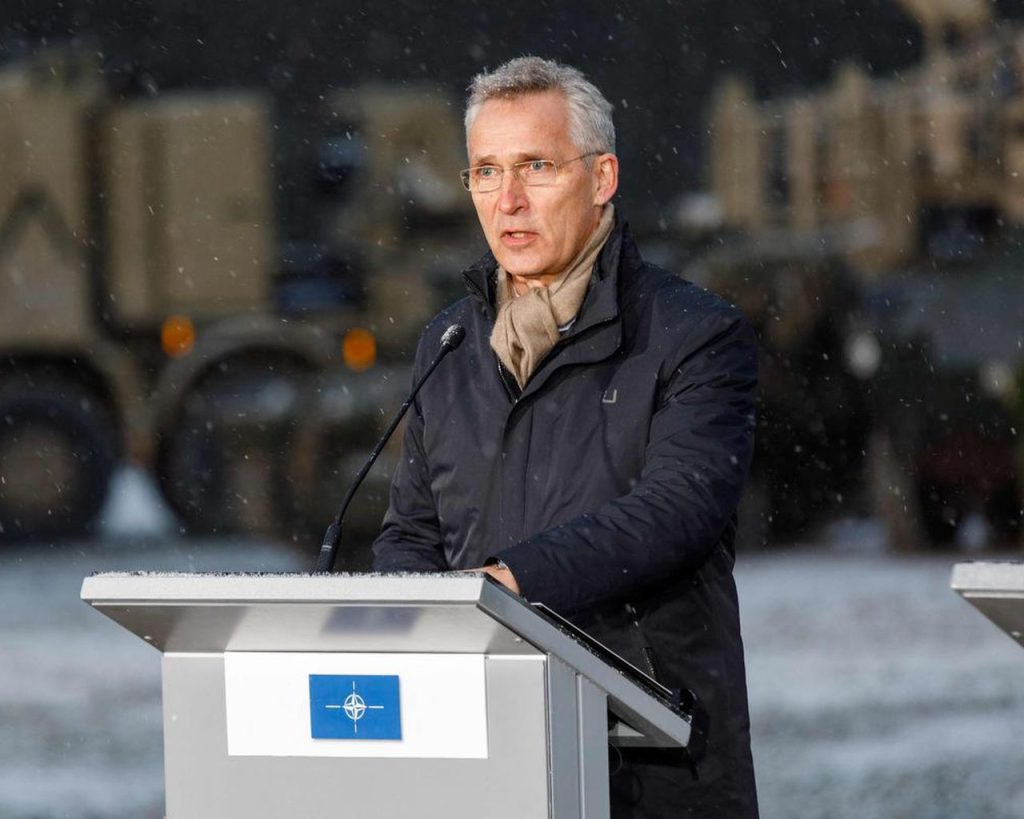
Former Canadian defence officials are calling for an urgent increase in defence spending to ensure the country can meet its commitments to NATO as it faces a global security environment that is more dangerous than at any time since the end of World War Two. They say that if Canada does not increase its spending, it risks alienating its security allies. This comes after the Washington Post reported that a secret Pentagon assessment had found that Prime Minister Justin Trudeau had told NATO officials that Canada would never meet the alliance’s two-per-cent-of-GDP spending target. Former Canadian officials have said that Canada’s military readiness is “woeful”, and that the government has not spent what is required. Canada’s defence spending was an estimated 1.29 per cent of GDP in 2022, far below the two per cent target agreed by NATO members. Only seven of NATO’s 30 members met the target last year.
Retired Gen. Raymond Henault, Canada’s former chief of the defence staff and former chairman of NATO’s military committee, has said that meeting the two-per-cent target is essential for fulfilling the doctrine of mutual defence. He says that “an attack against one is an attack on us all”, meaning that all nations must share the burden that comes with belonging to NATO. Canada’s former Canadian Army commander and ex-Liberal MP, retired Lt.-Gen. Andrew Leslie, has pointed to the results of the Canadian Forces’ readiness as evidence of deficiencies. Leslie and Henault have called on Ottawa to accelerate procurement timelines and strive to meet the NATO spending target.
Canada has been facing a recruitment shortage and lengthy delays in procurement of new equipment for years, which has reduced its military readiness. This has been exacerbated by the crisis of sexual misconduct in the military. Defence Minister Anita Anand’s office has highlighted recent spending and procurement announcements, including $19 billion for 88 new F-35 fighter jets, a $1.4-billion upgrade to its Dwyer Hill Training Centre special forces base, and $1 billion in military aid to Ukraine. Canada has also pledged nearly $40 billion toward modernizing NORAD over the next 20 years, though it is unclear how much of this is new money.
Leslie and Henault argue that Russia’s invasion of Ukraine and China’s growing aggression in the Indo-Pacific have made the global security environment more precarious, making it critical for Canada to step up. They argue that the Latvia deployment is an example of Canada’s defence shortfalls, as the 2,000-troop battle group pledged to upgrade to a brigade has not been increased since it was announced. Leslie says that the Armed Forces are asking for “several billion more per year” to get the necessary equipment and personnel.